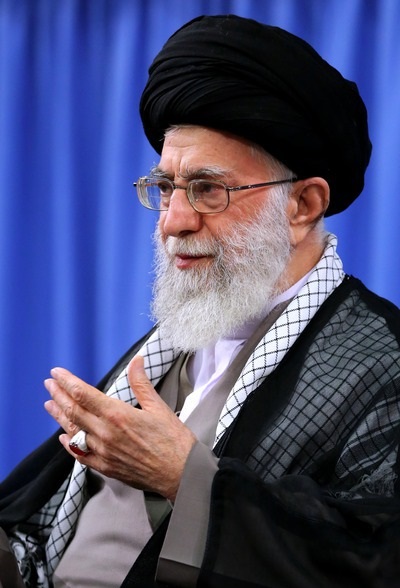Israeli and American military technologies and tactics reign supreme as Israeli political game of chicken is coming to an end

The night of November 19th to the 20th in Israel produced two pieces of significant news. For the first time ever, not only did Israel attack Iranian interests in Syria, it did so openly, taking responsibility for the action even as it was happening. The attack, coming as it was in response to the firing a day earlier of four heavy rockets from Syria towards Israel by Iranian forces, puts Israel for the first time in an open state of war with Iran and sends a clear message that Iranian forces operating from Syria will no longer be able to attack Israel with impunity or hide behind a veil of anonymity.
Both Russia and Syria were also on the receiving end of the Israeli message. The Russians were reminded that they would pay a price for breaking their commitment to not let Iranian forces operate in Syria within 80 kilometers (56 miles) from the Israeli border and that price would be the very public humiliation of their advanced air defense systems by combined American-Israeli technology and tactics. This is a big blow for Putin who is actively promoting the sale of his S-400 air defense systems to clients such as Turkey and India and the older and shorter range S-300 systems to smaller countries. The inability of these systems to put even a small dent in Israel’s air superiority over Syria and the entire middle eastern theater does not escape the notice of such existing and potential clients.
Both Assad and Putin are eager to begin the process of rebuilding Syria after its long and bloody civil war, a process in which Russian companies would play the primary role. Israeli attack sends both countries a clear message that such rebuilding cannot begin while Syria harbors Iranian interests who use it as a staging ground to launch attacks against Israel. It is not surprising then that Russia has condemned the Israeli attack, calling it a “mistake”.
The successful Israeli attack coming on the heels of the unsuccessful Iranian one (all the missiles were intercepted and no damage was done to Israeli installations) must be putting further pressure on the mullah regime in Tehran, a regime that is spending precious resources on international adventurism while the Iranian people are starving. Recent exchange clearly shows that even the top line Iranian forces, General Suleimani’s Revolutionary Guards, are no match to American and Israeli military technologies and capabilities and that Israel is quite capable of destroying Iranian military installations in Syria as quickly as Iran is building them. Combined with the turmoil at home, this must be unwelcome news indeed for the Tehran regime.
As the Israeli air power was doing its thing, PM Netanyahu was meeting with his challenger Benny Gantz to discuss forming a unity coalition with only hours left before Gantz’s deadline to do so was set to expire. The meeting produced no results, with both sides blaming each other and it is now all but clear that the unity government option is off the table leaving only the options of a minority left-wing government, a majority right-wing one, or another election, the third in a row, to be held in March of next year.
The decision which way to go rests firmly in the hands of one man, Avigdor Lieberman, the head of Israel Beitenu party. He can choose to join forces with Gantz, Netanyahu, or neither and his choice will dictate what happens next. As I am writing these lines, Lieberman is giving a public appearance and from it is is clear that his choice is to drag Israel into another election. This would be the second time in a row that Lieberman refuses to join the right-wing majority and scuttles any possibility of a stable governing coalition. Will he pay a political price in the March election? Time will tell. One thing is clear: with Netanyahu’s legal troubles coming to a resolution one way or another before this next election, the political map in March will be radically different than it was in the previous two one way or another. The shock of two failed elections will reverberate through the Israeli electorate, likely causing consolidation of smaller parties into larger ones and finally the choice of a clear winner.
- “The World Is On Fire”: CD Media Interviews Steve Bannon
- EU-Russian Gas Addiction Will Persist For Decades


